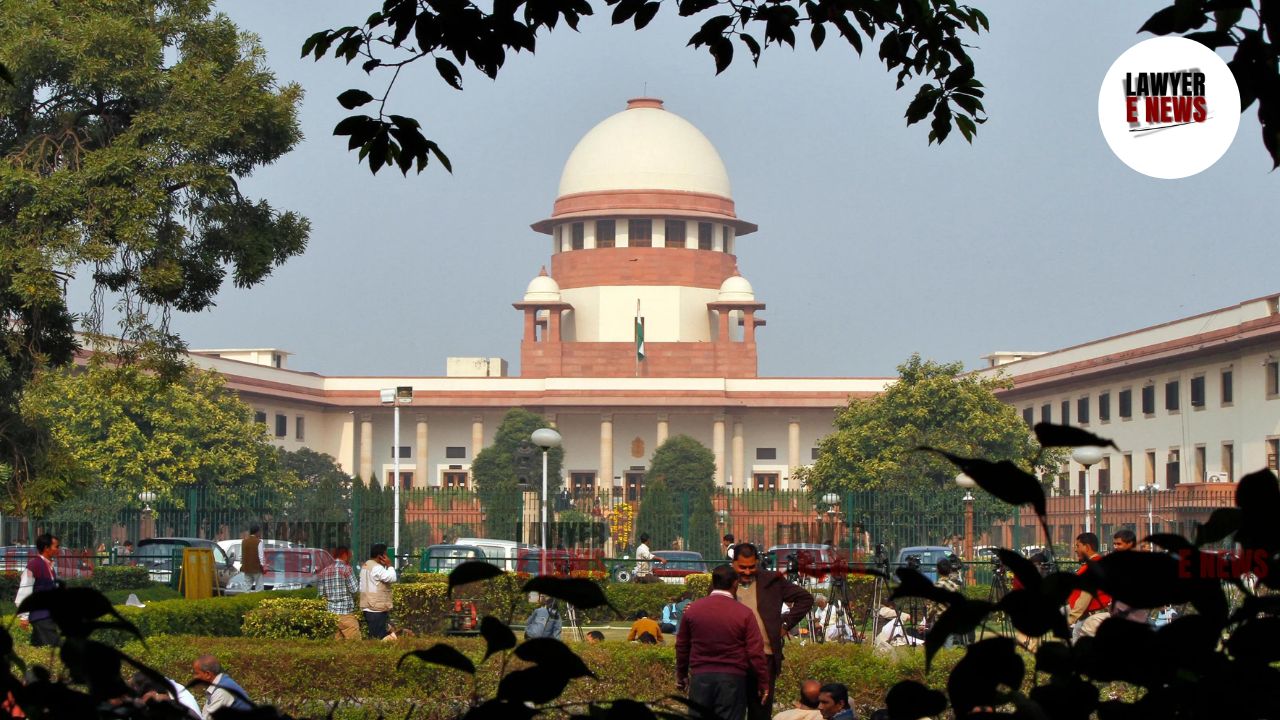-
by Admin
15 February 2026 5:35 AM



Supreme Court of India, in P. Srinivasan v. Peta Venkamma alias Peta Venkatamma & Ors., dismissed a petition seeking the transfer of a criminal case from Nellore, Andhra Pradesh to Saket Court, New Delhi. The Court found that relocation of the petitioner to Delhi alone did not constitute sufficient grounds for a transfer. Instead, the Court highlighted serious discrepancies in the investigation by the Nellore police and ordered the appointment of a new Investigating Officer to conduct a fresh probe within three months.
The petitioner, P. Srinivasan, filed C.F No. 2842/2018 under Section 200 read with Section 190 Cr.P.C., seeking criminal action against 19 accused individuals. Pursuant to this, the police registered FIR No. 244/2019 under various sections of the IPC, including Sections 416, 418, 419, 420, 463, 464, 465, 467, 468, 471, and 474 read with Section 34 IPC.
The petitioner sought a transfer of the case from Nellore to New Delhi, arguing that despite the filing of the FIR, no substantive investigation had taken place, and due to his relocation to Delhi, it would be more convenient for him to pursue the case in New Delhi. The Nellore police claimed to have filed a final report on December 8, 2021, but there was no official record of this submission, leading to a series of contradictory statements by the police before different courts.
Relocation as a Ground for Transfer: The petitioner’s principal argument was that, after moving to Delhi, it was inconvenient for him to follow up on the proceedings in Nellore. However, the Court held that relocation alone is not a sufficient ground for the transfer of proceedings.
Failure of Local Police in Investigation: Despite the police claiming to have filed a final report, it was found that no such report had been submitted to the Judicial Magistrate, as corroborated by court records. The Supreme Court criticized the police's contradictory statements made before the Andhra Pradesh High Court and the Judicial Magistrate of Nellore.
The Court noted, “The purported final report dated 08.12.2021 is declared non-est, as there is no record of its filing, and contradictory stands have been taken by the police in different fora.” [Para 9].
The Court dismissed the transfer petition, emphasizing that transferring proceedings solely based on the petitioner’s convenience was not justified. However, acknowledging the failure of the local police in properly investigating the case, the Court took an unusual step of expanding the scope of the transfer petition to address the investigative shortcomings.
The Court directed the Senior Superintendent of Police, Nellore to appoint a new Investigating Officer to conduct a fresh investigation into FIR No. 244/2019 and complete it within three months. The Court declared the December 8, 2021 final report as "non-est" and of no legal effect, instructing that a new report must be filed under Section 173(2) Cr.P.C following the fresh investigation.
"In light of these directions, we do not deem it necessary to entertain the petitioner’s prayer for transfer of these proceedings." [Para 11].
The Supreme Court's ruling underscores the importance of thorough and transparent police investigations. The dismissal of the transfer petition, coupled with an order for fresh investigation, sets a precedent that relocation of the petitioner alone cannot justify the transfer of criminal proceedings when judicial oversight can address investigatory failings.
Date of Decision: September 11, 2024
P. Srinivasan v. Peta Venkamma alias Peta Venkatamma & Ors.
